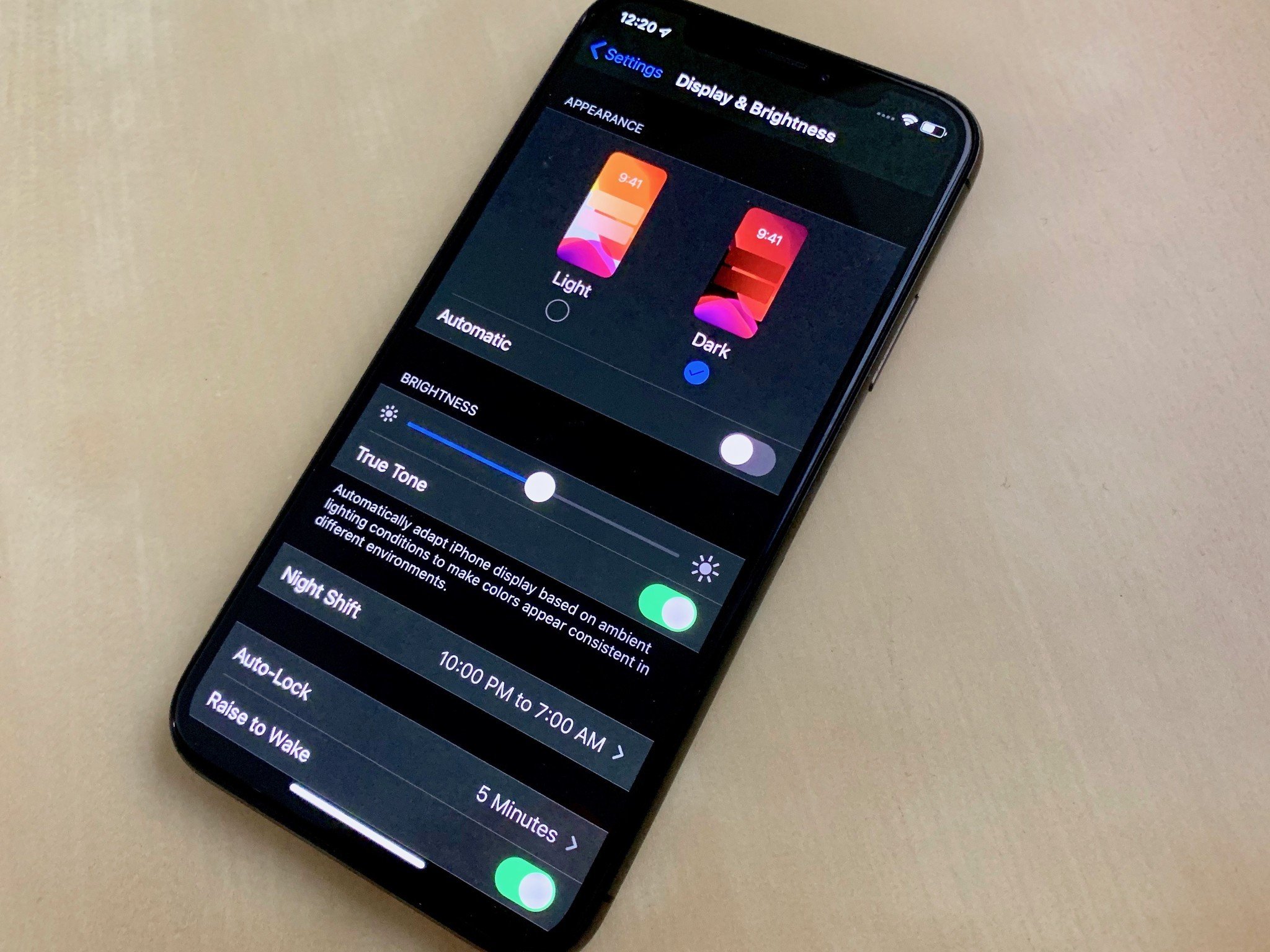According to the University of Manchester, blue light might not be keeping you awake after all

What you need to know
- A study by The University of Manchester has revealed that blue light may not be as disruptive to sleep patterns as once thought.
- The warmer colors used in features like Night Shift may actually make our bodies think its day time.
- The research suggests that using dim, cooler lights in the evening may be more beneficial.
Research from the University of Manchester suggests that blue light may not be as disruptive to our sleeping patterns as originally thought, and in some cases, may even be more beneficial than yellow and white.
As reported by The Guardian, the research states:
According to the team, using dim, cooler, lights in the evening and bright warmer lights in the day may be more beneficial to our health.
This is because twilight is dimmer and bluer than daylight. Our body clocks use light to determine what time of day it is, aiding in the production of melatonin and preparing our bodies for sleep. Previously, it was thought that melanopsin, a light-sensitive protein in the eye, was particularly sensitive to blue light. This is why features like Night Shift on iOS make your screen look a yellowy shade of warm, to stop blue light keeping you awake. Turns out its actually cone cells in your retina that determine color, and "they're doing the opposite of what people thought." Dr. Tim Brown of the University notes:
"There is lots of interest in altering the impact of light on the clock by adjusting the brightness signals detected by melanopsin but current approaches usually do this by changing the ratio of short and long wavelength light; this provides a small difference in brightness at the expense of perceptible changes in color... "We argue that this is not the best approach, since the changes in color may oppose any benefits obtained from reducing the brightness signals detected by melanopsin."
The long and short of the research is this:
"We show the common view that blue light has the strongest effect on the clock is misguided; in fact, the blue colors that are associated with twilight have a weaker effect than white or yellow light of equivalent brightness.
As The Guardian points out, this makes very basic sense. Daytime is bright and yellow, night time is darker and bluer. Whilst the test was only conducted on mice, Dr. Tim Brown says there is good reason to believe the effect on humans will be the same. He states: "our findings suggest that using dim, cooler, lights in the evening and bright warmer lights in the day may be more beneficial." Of course, you could always just switch your phone off like an animal!
Get the latest news from Android Central, your trusted companion in the world of Android

